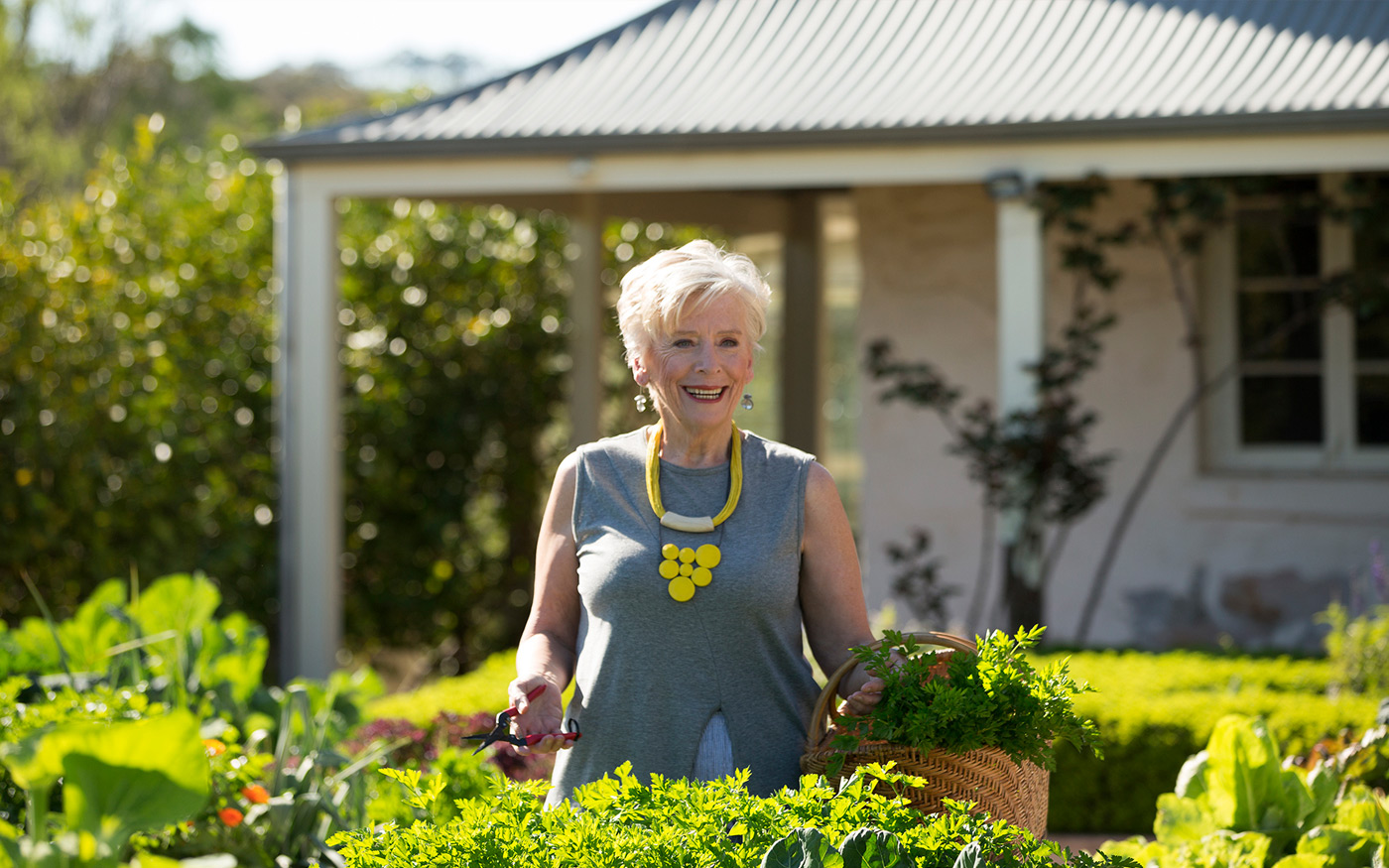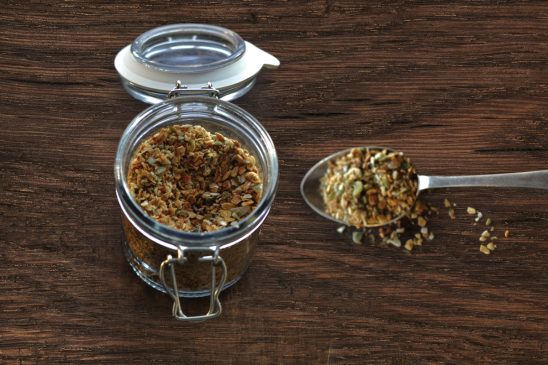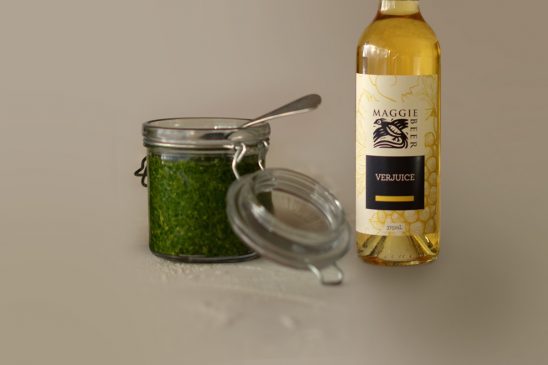Maggie Beer’s other passion, her garden
“Having a vegetable garden within 20 metres of my kitchen door certainly leaves a very soft footprint in an environmental sense. It also allows the opportunity to recycle food scraps to our chooks and worm farm in order to use their manure in our compost. A mini eco system without any need for a car being driven or plastic bags being filled.
I love wandering out into our orchard in the early morning to choose fruit to serve for breakfast or into the kitchen garden to pick asparagus or kale that will go into the pot within minutes. It’s such a luxury during these challenging times but one the most satisfying ways to add more fresh produce to your diet.”

“Growing your own produce would have to be my best health tip ever, even if that means a tomato plant in a pot, or some herbs in a planter box on an inner-city balcony, it will make all the difference to your cooking. And that’s without mentioning the delight of tending to living plants as you grow your harvest.
Fermenting and pickling are well-practiced ways of traditionally preserving food beyond its season of picking. I’ve often mentioned how moving to the Barossa put me completely and absolutely in touch with the seasons, knowing when to plant and harvest, but perhaps the biggest part of that learning curve was knowing how to make the most of the food we grew, without letting anything go to waste. I thought I would share some of my own discoveries from the years I have spent preserving food in this way.”
Click here for Maggie’s breakfast granola recipe.

Click here for Maggie’s kale pesto inspired by her garden.

Maggie Top Preserving Tips
- It is essential that you use basic but thorough hygiene and be sure to sterilise your jars. This can be done with hot soapy water, rinsed and placed into the oven on a low heat to dry.
- The ripeness of the fruit or vegetable makes every difference to how long it will take to pickle or ferment – keep tasting along the way rather than being reckless and throwing away all of your hard work prematurely.
- Be sure to completely immerse produce under the pickling liquid, otherwise the risk of spoilage through mould growing will be against you.
- If you have never pickled anything before, I recommend starting with something that is very simple and doesn’t take too long to show edible results. Sliced baby carrots or turnips is wonderful at this time of year for pickling in this way. And because it can be stored in the fridge, it won’t be at risk of spoiling.
